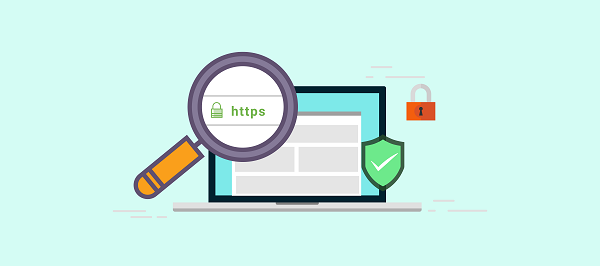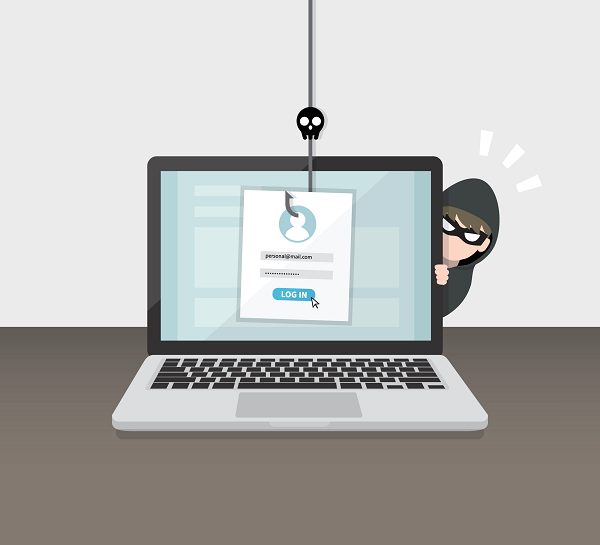Latest from our business, security
and technology blog
Search the blog:
The Role of COVID-19 in Fast-Tracking Digital Transformation
COVID-19 has brought many changes with it – including the fast tracking of digital transformation for many businesses and organisations. It’s hard to look for positives in the pandemic, when so many people have been so affected by it. However, it has served to reveal to us the ingenuity and...
Why you should be using Axcient x360Cloud: Quick Q&A
Grant McGregor has teamed up with Axcient to offer our customers a new way to protect their data in the cloud, including in Microsoft365 applications. Here, we answer your questions about this new solution. If you don’t find the answers you need here, please reach out to our team. The Grant...
Why the IT Support Partner You Choose to Work With Could Be Your Biggest Security Risk
Cyber Security - let’s call it what it really means – protecting yourself against Criminals. Modern cyber crime might be one of the biggest risks your business faces. It could cause you massive disruption, reputational damage or even ultimately to close shop. But how do you know your business is...
How to ensure web applications used in your business are secure
What are you doing to secure your business website and other web applications used in your business? If you run local browser (web) applications, they are probably secured with a variety of techniques, including firewalls, regular patching and network monitoring. But what happens when you are...
What you need to know about the fastest-growing type of phishing attack today...
There’s a new attack vector in town: social media. Social is currently the fastest-growing type of phishing attack. Here’s what you need to know. We’ve covered phishing many times here on the Grant McGregor blog. We think it’s important to do so, because we all need to stay vigilant against the...
What does “back to work” mean for your business continuity planning?
Organisations must revisit their operational strategies and business continuity planning in the wake of the COVID-19 pandemic. Here, the Grant McGregor team considers what this might mean for your business continuity planning and, especially, IT. In a recent blog, we looked at how the current...
Phishing in the time of coronavirus
Grant McGregor has written extensively on this blog about the growing risk from phishing, spear phishing and social engineering. Now, experts warn these risks have got an extra boost from the coronavirus pandemic. In April 2020, the UK’s National Cyber Security Centre (NCSC) launched a campaign to...
Why have I not received my email?
Read out most recent blog: 10 Reasons Why you Might Not Be Receiving Emails in 2025 Follow these simple steps to resolve most email receiving failures. We’re so used to immediate communications these days, that waiting for a hotly anticipated email can be incredibly frustrating. If you are...
Help! I’ve received a suspicious email! What should I do?
We’re huge believers in the power of regular online training to help staff spot malicious email attacks. But what happens when that training pays off and you realise that you have a suspicious email in your inbox? What should your next move be?













